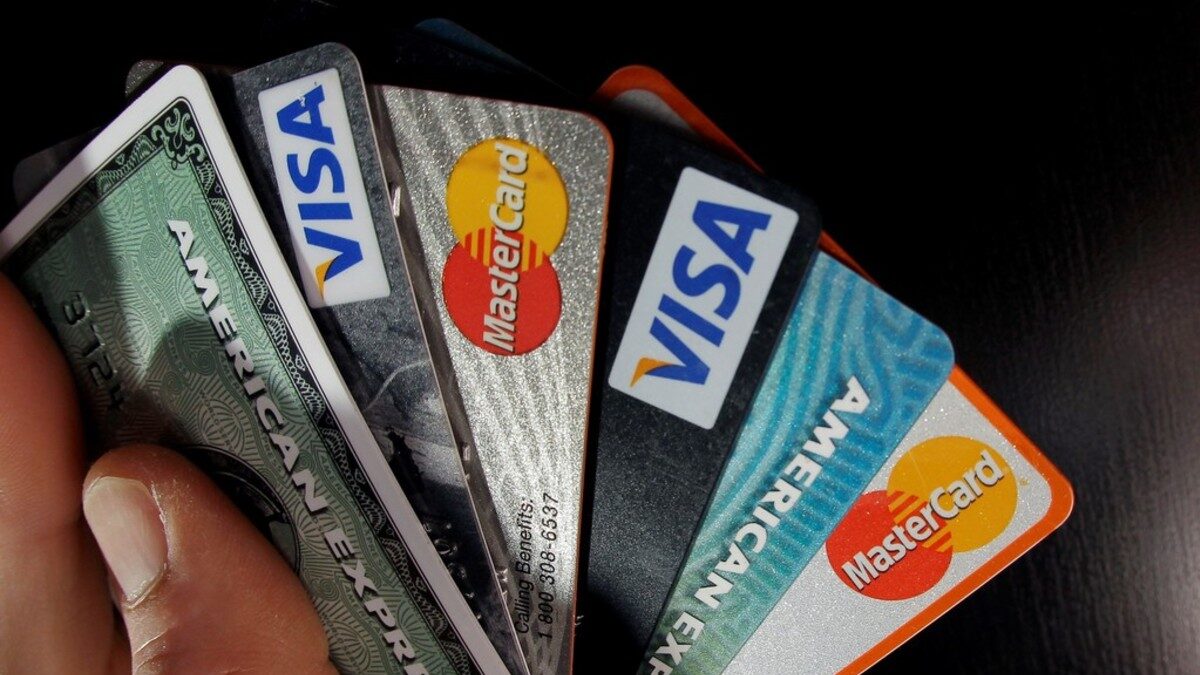Nearly half of Argentinians buy food with credit cards: warning according to a report by the University of Buenos Aires (UBA).


Supermarket spending has failed to take off, and debt has become the primary tool for sustaining monthly purchases . This is reflected in a new report by the Center for Studies on Argentine Recovery ( CentroRA ) , part of the Faculty of Economics at the University of Buenos Aires (UBA), which warns that credit card use in supermarkets has increased from 39% to 46% since Javier Milei took office.
The study warns of a regressive dynamic in mass consumption, which, although showing some signs of recovery, remains far from the levels prior to the change of government. " Demand has not fully recovered and remains below the levels prior to the start of the current administration ," the document states.
The analysis highlights that credit card financing has become a key mechanism for sustaining purchasing power in a context of declining purchasing power and persistent uncertainty. " The contraction in wholesale sales, coupled with the growing use of credit for basic goods, suggests that consumption is being partially sustained by borrowing mechanisms ," the report explained.
Consumption in supermarkets. Less shopping. More credit cards.
Data from the RA Center of Economics at the University of Buenos Aires. pic.twitter.com/WxghnnLnk9
Based on data from May 2025 used by CentroRA, INDEC showed that sales in wholesale supermarkets fell 5% year-over-year, while retail supermarkets grew 6.1% in the same period . However, both segments registered declines compared to the previous month.
The report indicates that, despite some recent improvements, total sales remain far below the starting point of the Libertarian administration. " In May, wholesale sales were 34% below the level recorded at the beginning of Milei's administration . And supermarket sales remained 28% lower ," the survey notes.
Wholesale sales have fallen by nearly 34% since Milei became president, and supermarket sales have fallen by 28%. Centro RA has produced a report analyzing the warning signs in basic consumption. Should we reopen?: pic.twitter.com/d5JvluXbIB
— RA Center (@centro_ra) August 6, 2025
From December 2023 to May 2025, supermarket sales accumulated a 7% decline . Meanwhile, wholesale sales fell 19% over the same period. Although supermarkets posted consecutive increases since January, they were not enough to reverse the initial loss.
The phenomenon, researchers explain, could be due to a stock shortage: supermarkets are selling previously purchased merchandise without replenishing it through wholesale purchases, given the low expectation of household purchasing power recovering.
The most significant change is the change in payment methods. Since the current administration took office, credit card use in supermarkets has increased seven points, from 39% to 46% . At the same time, debit card use fell from 34% to 27%, and cash use decreased from 20% to 16%.
" A growing proportion of households would be resorting to debt to cover basic monthly expenses, such as food, hygiene products, and basic necessities ," concludes the UBA report.
elintransigente





